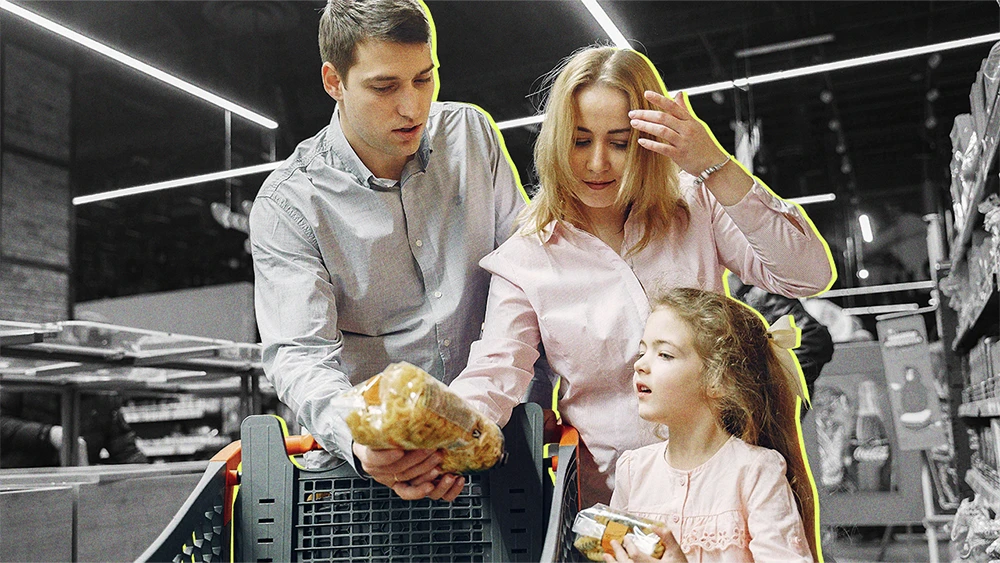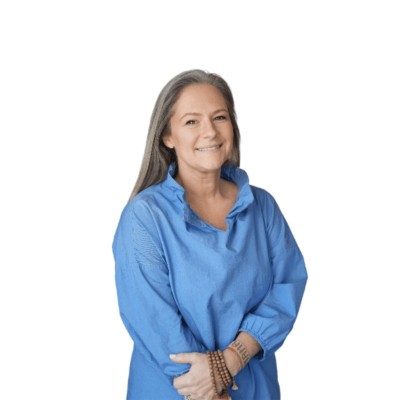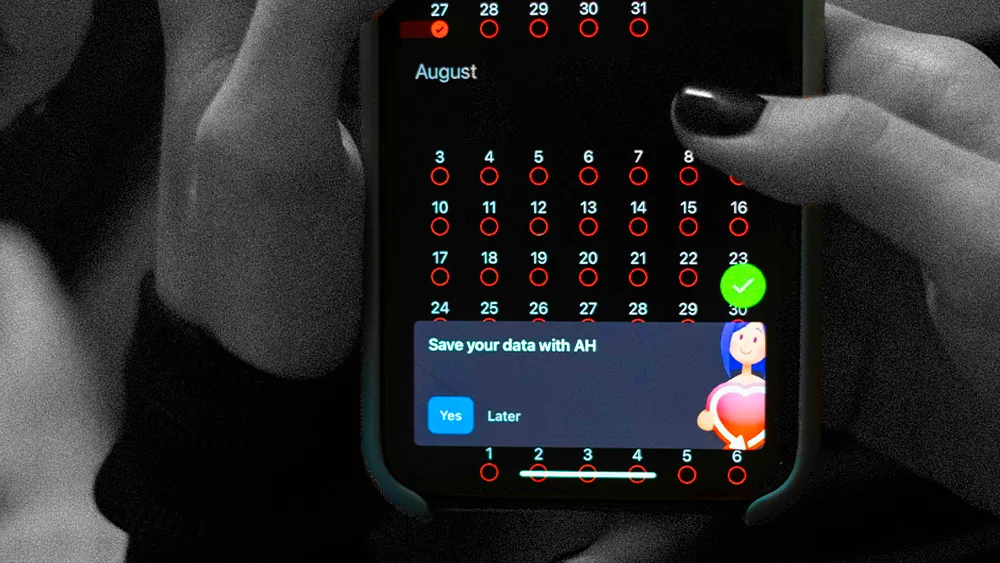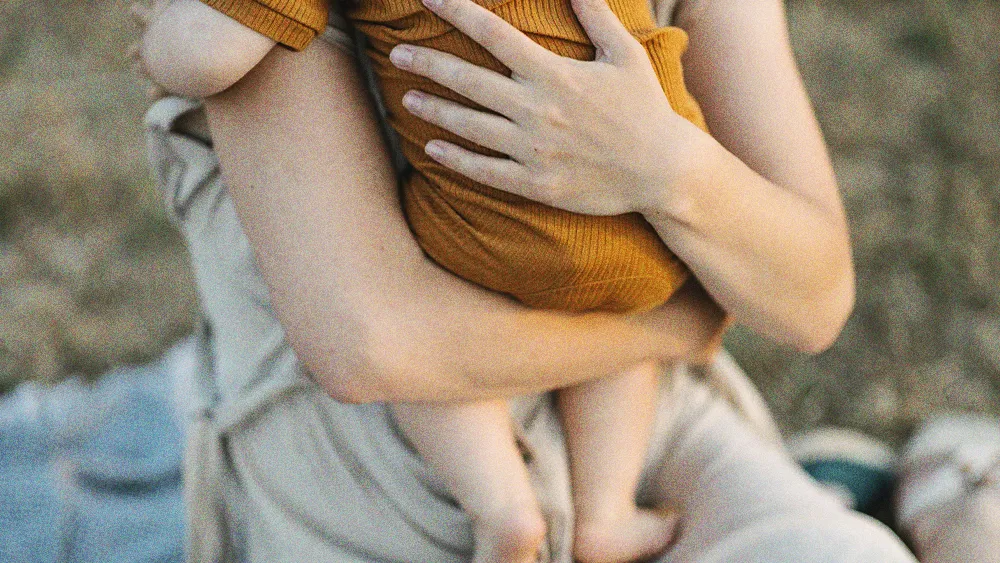Childcare should be reframed as an economic issue, impacting workforce stability and requiring policy attention, says Haven CEO Britt Riley.
Riley discusses the need for a "family care" infrastructure, integrating childcare with workspaces and wellness amenities.
Recognizing early childhood educators as vital professionals is key to building a sustainable, high-quality childcare system.
American families stretched by childcare costs and access issues don't just need relief; they need a total reframe. Whichever way you look at it, childcare isn't just a personal problem, it’s an economic one.
Britt Riley is the CEO and Founder of Haven, a joint workspace, childcare, and community solution for the modern working parent. Her approach redefines care as infrastructure central to economic stability, rather than a private struggle.
On the shoulders of the workforce: "Childcare is not a private family problem," says Riley. "It's an economic problem. Policymakers, large businesses, and employers need to pay attention to it because the success or failure of their business really lies on the shoulders of the workforce."
When childcare is treated as a personal responsibility, the cost lands squarely on parents, often pushing one—usually the mother—out of the workforce. The result isn't just household strain, but a ripple effect that weakens the broader economy.
Failing families, failing systems: Riley sees the fallout from outdated care models daily. "Almost everything that should be part of the post-birth conversation is currently being excluded," she says. Parents are left isolated, navigating a patchwork of care options that don't reflect the realities of today's dual-income households.
"Policymakers need to look at the data," she adds. "It just looks completely different than it did 30, 40 years ago."
360-degree wellness: The fix isn't more childcare, it's a broader redefinition. Riley calls for a shift toward "family care" infrastructure, built to reflect how families actually live and work today. "I built Haven when I had a one-year-old and an infant," she says, "based on my own struggle as a remote worker and a new mom."
That struggle became the blueprint for Haven, a model that weaves licensed childcare together with fitness, meditation, and full workspaces to support parental well-being and productivity. "The goal," Riley says, "is to provide as many tools as possible to ensure that at the end of that day, they can confidently walk out and spend time together as a family without being pulled in 500 directions."
Community counts: Beyond buildings and services, the missing piece is connection. "I see the future as one where people are looking to reconnect with their neighbors, their community," Riley says. For new parents, that connection can be a lifeline to turn isolating struggles into shared experiences. Even a brief exchange between mothers about a tough baby phase, she notes, "gives them hope. It allows them to not have to spiral."
A path forward: Change requires recognition and funding. “We need support from both corporations and government to recognize childcare as a piece of infrastructure, and then funding it as such," Riley explains. Essential for economic vitality, investments in childcare are no less crucial than investments in roads, bridges, or utilities.
Just as critical is the workforce behind it. “The make-or-break of the entire childcare industry is reframing the perspective on early childhood education as a profession," says Riley. Given that 80% of brain development happens by the age of five, "early child educators should be given appreciation and respect on par with brain surgeons," she argues.
Moving toward magic: Despite the current systemic shortcomings, Riley remains hopeful. "I am so optimistic about the future of families and the future of childcare because I can see what our solution does for every family that it supports," she says. "The magic that's happening in these communities can definitely be spread."








